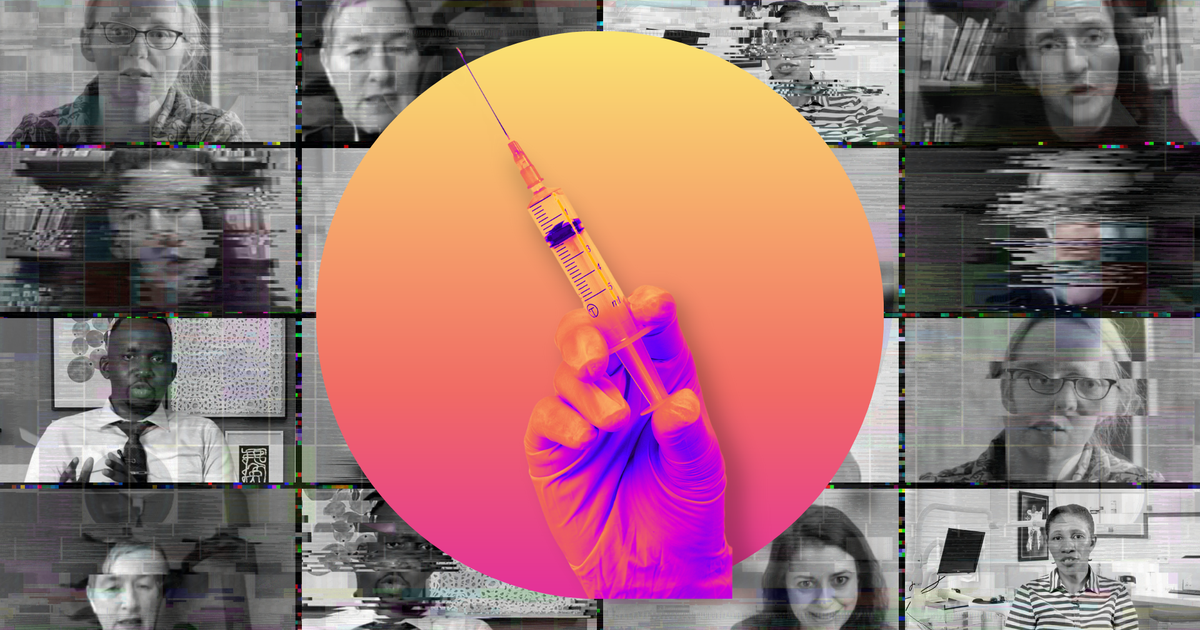US conservatives spreading anti-vax misinformation to unvaccinated Uganda

All the same, misinformation spread online by groups like End Lockdown Now is likely to be a factor in many Ugandans’ disinclination to get vaccinated. While the Twaweza survey found that Uganda as a whole has 85% vaccine willingness, a third of people surveyed in Kampala, Uganda’s capital, were vaccine-hesitant. In addition, 21% of people in the Central Region (where Kampala is located) stated they were not willing to be vaccinated – compared to lower hesitancy rates of 11% to 15% in two of Uganda’s other regions surveyed. “It’s connected to how much information people are getting,” says Marie Nanyanzi, who is senior programme officer at Twaweza. People in urban areas, she points out, have more access to social media platforms such as Facebook and WhatsApp, which in turn increases their chance of reading misinformation.
There’s another cultural factor that might be at play. More than 80% of the Ugandan population is Christian, and while places of worship in the country reopened in September (with a limit of 200 people per congregation) they had been forcibly shut down for most of the pandemic.
End Lockdown’s Now’s social media campaign has focused on this issue, meaning opponents of lockdown have ended up being exposed to anti-vaccine messaging too. ADF, which is supporting three legal challenges opposing limits on public worship, backed a similar successful challenge in Scotland, and has filed federal lawsuits challenging vaccine requirements in the US.
ADF lists two of its staff members as the advocacy team involved in the separate Ugandan court cases challenging the ban on public worship. According to ADF’s declaration of overseas spending, it spent $19,690 in Sub-Saharan Africa on ‘human rights legal work’ in 2019. Filings for expenditure during the pandemic are not yet available. openDemocracy revealed last year that the organisation, deemed an “anti-LGBTQ hate group” by the Southern Poverty Law Center, had spent a total of $137,284 in African countries since 2007, including on grants, scholarships and legal work.
In response to our findings, Uganda’s Ministry of Health said: “We condemn any campaign that is meant to mislead the public with false and misleading information on the COVID-19 response and the ongoing vaccination. We are going to investigate this campaign and its intention. As a Ministry of Health, we only rely on scientifically backed information.”Nicholas Opiyo, a renowned Ugandan human rights lawyer known for defending LGBT rights, appeared on one of the End Lockdown Now panels but told the Citizens and openDemocracy: “I do not in any way share their views. If I had done my bit to trace these groups I may not have joined them anyway.” He admitted he had not researched the campaign before agreeing to speak.
“The Christian Right have been trying to influence…around HIV/AIDS, our sexual education programmes, LGBTI, so COVID will be no exception. So I’m not surprised. I just hope that people can see through that and stick to the science.”
End Lockdown Now is not registered as an organisation in Uganda, meaning it is not required to declare its funding. Ssenyonga told the Citizens and openDemocracy that its costs were covered by its Ugandan co-founders and supporters, and denied the involvement of any western groups in its funding, including the ADF.
This story was published in collaboration with media non-profit the Citizens.


